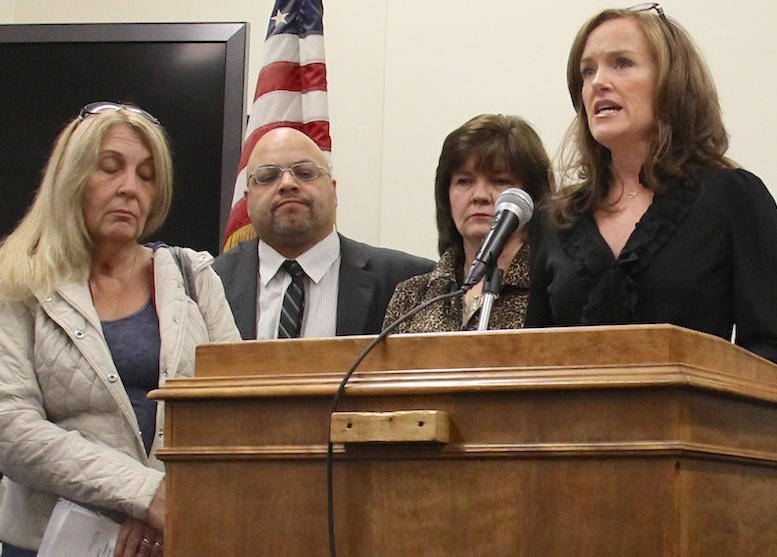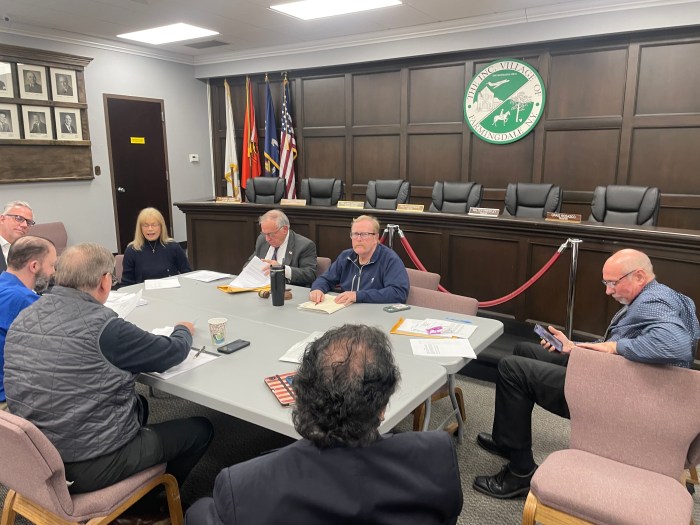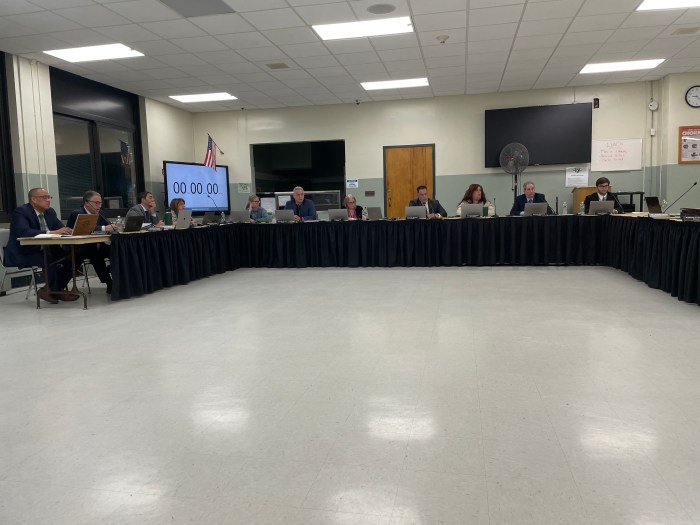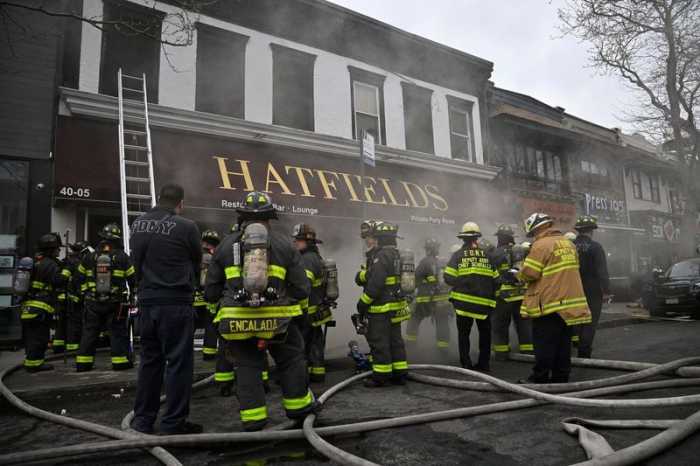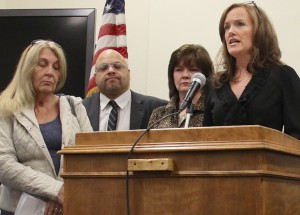
Convicts who drove drunk with children as passengers have been skirting sentencing under the New York State law that makes such conduct a felony, a trend that prompted passage of tougher penalties that begin Friday.
Amendments to Leandra’s Law going into effect double the six-month duration convicted drunken drivers must have their vehicles equipped with an ignition interlock device that forces them to blow into a breathalyzer and stops them from starting the engine if they have alcohol on their breath—a sentence requirement most ignore.
“We are one of the toughest states on drunken driving, and tomorrow we will be even tougher,” Nassau County District Attorney Kathleen Rice told reporters during a news conference at her Mineola office Thursday while flanked by advocates for families of victims killed or maimed by drunken drivers. “We are going to be able to capture a lot of those people that are evading the ignition interlock now.”
Seventy two percent of New York State drunken-driving convicts ignore court orders to install interlocks or skirt the law by transferring ownership of their vehicles, according to the state Office of Probation Correctional Alternatives.
The beefed-up Leandra’s Law also allows authorities to install interlocks before convicts are sentenced to ensure that it gets done, mandates interlocks for youthful offenders and upgrades driving while intoxicated with a conditional license—limited driving privileges judges grant to some DWI convicts—from a traffic violation to a felony, same as DWI without a license.
In addition, DWI convicts who agree not to own or drive a vehicle will be required to make those statements under oath that, when violated, can result in charges of contempt of court of filing a false instrument—misdemeanors punishable by up to a year in jail.
“My life is not in any way normal anymore,” said Betsy Shein, whose 21-year-old son, Jason, was killed in Farmingdale five years ago by a drunken driver who had transferred ownership of his SUV after a prior DWI conviction. “When you get together for Thanksgiving and there’s an empty chair, it hurts.”
Lenny Rosado, whose 11-year-old daughter Leandra was killed in 2009 in New York City when the drunken driver of the SUV she was riding in crashed, said he hoped that the law named for her will go national.
Leandra’s Law, or the Child Passenger Protection Act, made driving while intoxicated with a passenger 15 years old or younger a felony in New York when it passed later the same year. The law also required all DWI convicts—misdemeanor first-time offenders and felons alike—to install interlocks, regardless of whether there were any kids along for the ride.
Assistant District Attorney Maureen McCormick, the Vehicular Crimes Bureau chief who helped Rice lobby for the Leandra’s law amendments, added that there are still a few more loopholes that need closing, especially for drugged drivers.
“It’s difficult to know on a given night how many drunk drivers are out there,” she said. “We’ve got to change the culture, we’ve got to start young.”




